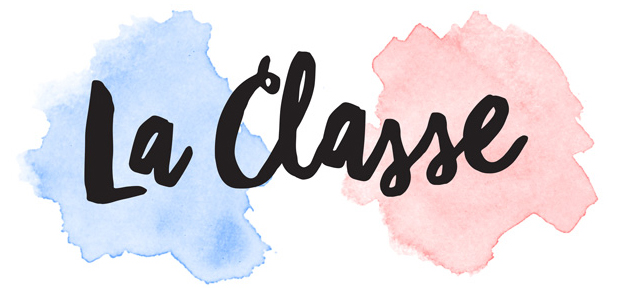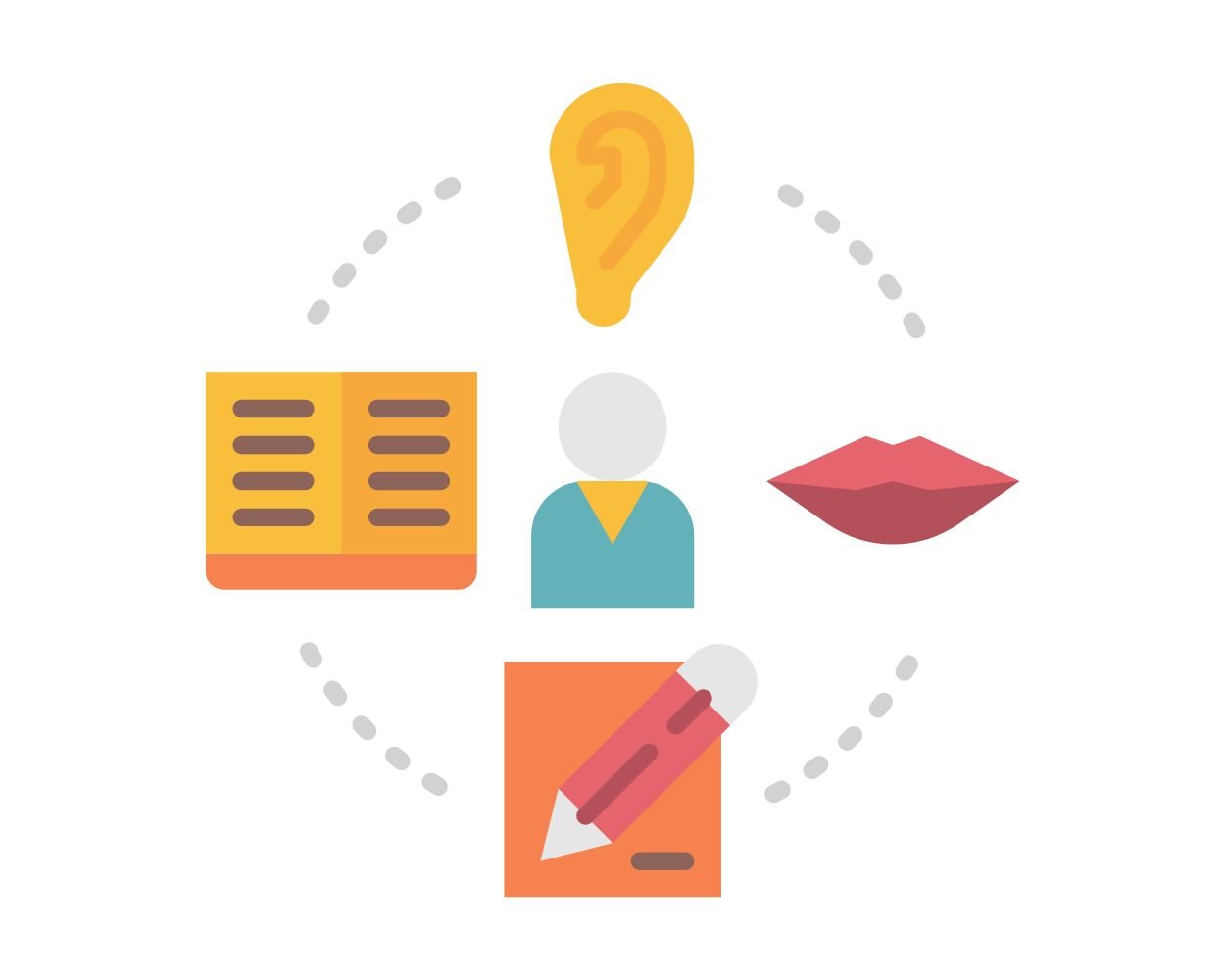Starting in 2026, the French government will require applicants for citizenship to demonstrate a B2 level of French instead of B1. This change means that anyone hoping to become a French citizen must meet higher language proficiency standards. If you're preparing to take the DELF exam, understanding the difference between B1 and B2 is crucial.
In this post, we will break down the key differences between DELF B1 and DELF B2 in reading, listening, speaking, and writing, outline the estimated hours needed to reach each level, explain the point system for passing, and recommend strategies and resources to guide your preparation.
What is the DELF Exam?
The DELF (Diplôme d'Études en Langue Française) is an official diploma awarded by the French Ministry of Education to certify the French-language skills of non-native speakers. It is internationally recognised and structured according to the Common European Framework of Reference for Languages (CEFR). The DELF is divided into four levels: A1, A2, B1, and B2. Each level evaluates four competencies: reading, listening, speaking, and writing.
For those seeking French citizenship, the shift from B1 to B2 means a higher expectation for language comprehension and communication.
Why is the Level Increasing for French Citizenship?
The decision to raise the language requirement for citizenship is part of a broader policy shift aiming to encourage greater linguistic and cultural integration. The French government argues that a higher level of proficiency allows new citizens to engage more fully in French society, understand complex social issues, and participate in public discourse.
1. DELF B1 vs DELF B2: Key Differences in Skills
Although both exams test the same four language skills, the complexity and depth required at B2 are considerably greater than at B1. Let's explore these differences in detail.
Reading (Compréhension écrite)
At both levels, you will complete a multiple-choice questionnaire. These papers include three exercises.
B1: You must understand the main points of straightforward texts on familiar topics such as work, leisure, and everyday life. Typical materials include newspaper articles, letters, and advertisements. For example, you might read a newspaper article on the best way to start a day and answer comprehension questions. This section lasts approximately 45 minutes.
B2: You need to comprehend more complex texts, including those discussing abstract or technical subjects such as justice, work and environmental issues. This level requires you to interpret detailed arguments and identify implicit meanings. Expect to read opinion pieces and in-depth articles about contemporary topics. For example, you might read a text about a new law banning mobile phones at school. This section lasts approximately 1 hour.
Listening (Compréhension orale)
At both levels, you will complete a multiple-choice questionnaire. These papers include three exercises.
B1: You should be able to follow the main ideas in clear, standard speech on familiar subjects (work, school, leisure…). This may include everyday conversations, interviews, and radio broadcasts. For example, you may listen to a conversation about weekend plans or a radio announcement and answer questions about the main points. This section lasts approximately 25 minutes.
B2: This paper includes three exercises. You must understand extended speech and lectures, even when they contain complex ideas. You are expected to follow discussions on unfamiliar topics and grasp finer details, including implied meanings. This could involve listening to a university lecture, a political debate, or an interview on cultural issues. This section lasts approximately 30 minutes.
Speaking (Production orale)
B1: You can handle everyday situations, describe experiences, and give simple opinions. The exam includes a guided conversation (entretien dirigé), a role play (exercice en interaction), and a presentation (monologue) introducing a text and expressing a point of view on a topic. This section lasts approximately 15 minutes, with 10 minutes of preparation time.
B2: You will read a text that raises a problem. You must present detailed arguments and opinions clearly and fluently. The speaking component involves defending a position, expressing hypotheses, and engaging in more spontaneous, extended dialogue on abstract subjects. You may be asked to present your stance on social issues or debate the pros and cons of a proposed policy. For example, you might read a text discussing absenteeism in the workplace. This section lasts approximately 20 minutes, with 30 minutes of preparation time.
Writing (Production écrite)
B1: You are required to write a structured text on familiar topics, such as a letter to a friend, an essay, or a response to a forum. You will need to express your opinion and refer to past experiences to support your arguments. The writing section requires you to produce approximately 160 words. This section lasts approximately 45 minutes.
B2: You should be able to write clear, detailed essays or letters on a range of subjects. This involves developing structured arguments and supporting your views with examples. You might be asked to write a persuasive essay or a formal letter to a mayor or a newspaper editor. The writing section requires approximately 250 words. This section lasts approximately 1 hour.
2. Understanding the DELF Point System and Passing Criteria
The DELF exam is scored out of 100 points, with each of the four competencies (reading, listening, speaking, and writing) contributing 25 points. To pass the exam, you must:
Achieve a total score of at least 50/100
Obtain a minimum of 5/25 in each skill area
For DELF B1, the tasks are more straightforward, and the grading reflects this simplicity. At B2, however, the complexity increases, and your ability to express nuanced arguments and understand implicit meanings becomes essential for scoring well.
3. Time Required to Reach B1 and B2
Language learning times vary based on prior knowledge, learning methods, and individual dedication. The Cadre européen commun de référence pour les langues (CECRL) provides general estimates for the time required to reach each level:
B1: 350-400 hours of study (from A1 level)
B2: 500-600 hours of study (from A1 level)
If you are already at B1 and aiming for B2, you should plan for approximately 150-200 additional hours of focused study. This time includes a mix of formal instruction, independent learning, and immersion activities like watching French films, reading newspapers, and engaging in conversation.
4. Study Strategies for Success
To effectively prepare for DELF B2, consider these study strategies:
Diversify your practice: Combine reading newspapers, listening to podcasts, and watching French films and series.
Practise under exam conditions: Simulate exam scenarios with timed exercises. It is best to use paper and pen, as you won't have access to a computer and autocorrect during the exam.
Seek feedback: Work with a teacher who can provide personalised guidance and correction.
Engage in conversations: Join French-speaking groups to boost your spontaneous speaking skills. Regular conversations can greatly improve the flow of your speech. Consider exploring La Classe French subscription plans for expert guidance and practice. These immersion classes offer focused support to help you excel in both the DELF and DALF exams.
5. Recommended Books for DELF B1 and B2 Preparation
Choosing the right study materials is crucial for successful DELF preparation. Here are some excellent resources tailored for each level:
For DELF B1:
For DELF B2:
Conclusion
As the requirements for French citizenship rise to the B2 level in 2026, preparing for the DELF B2 exam is more important than ever. By understanding the differences in skills, dedicating the necessary study hours, and using reliable resources, you can confidently work toward achieving B2 proficiency.





